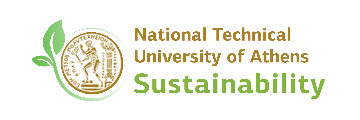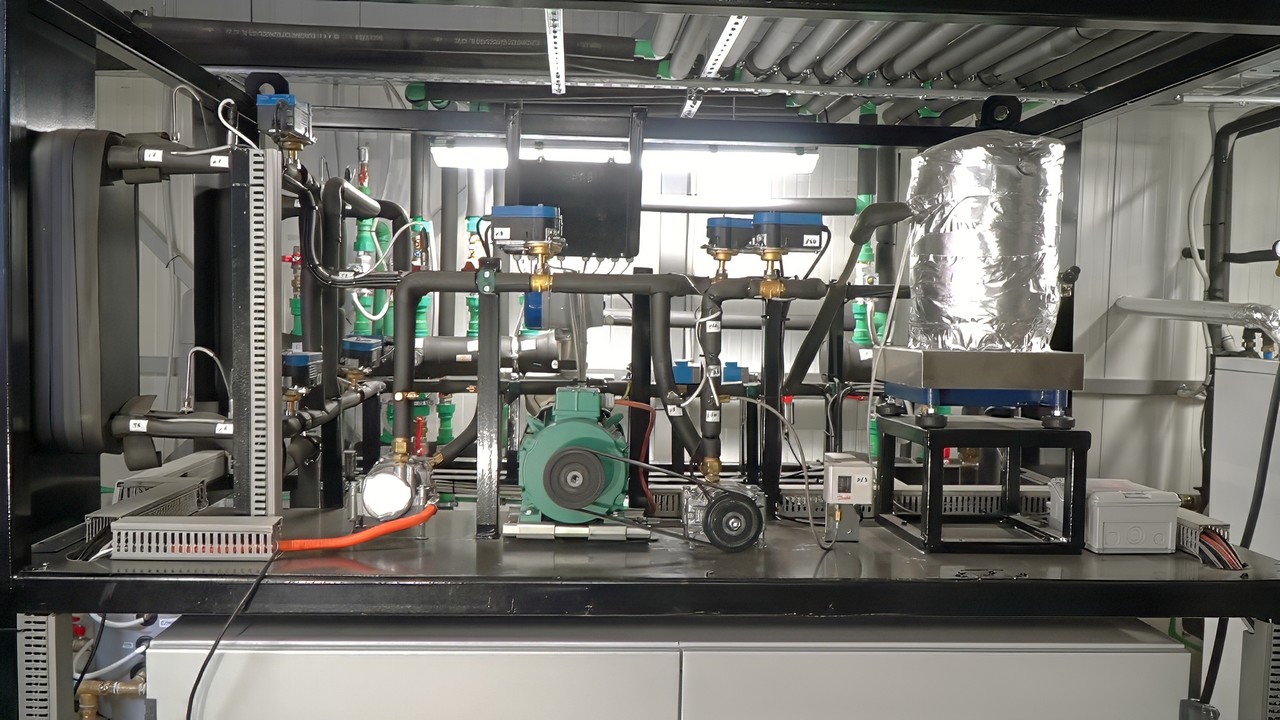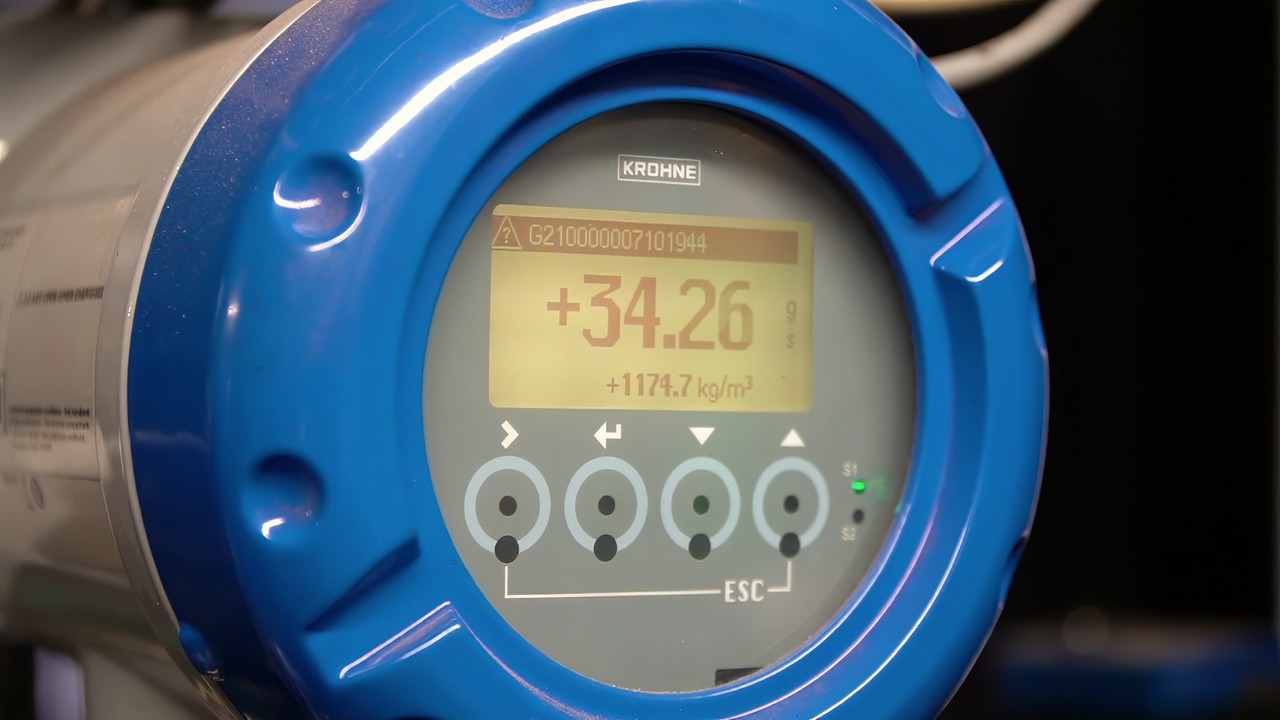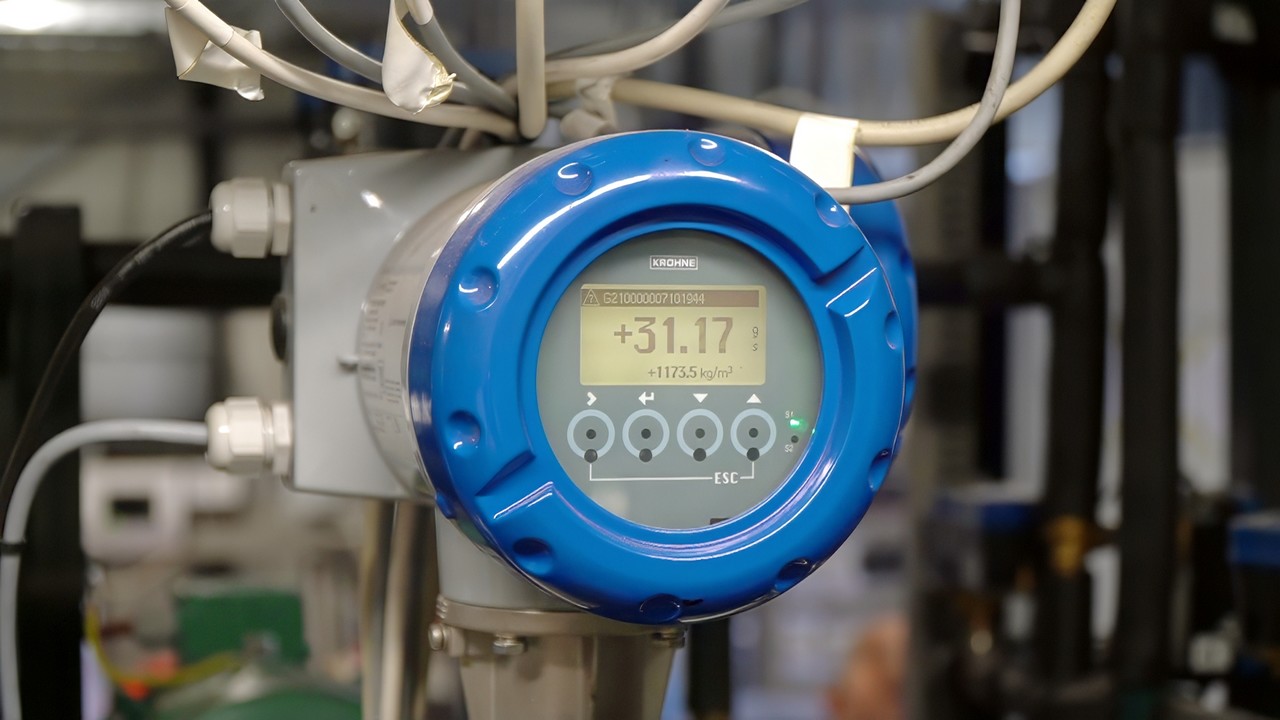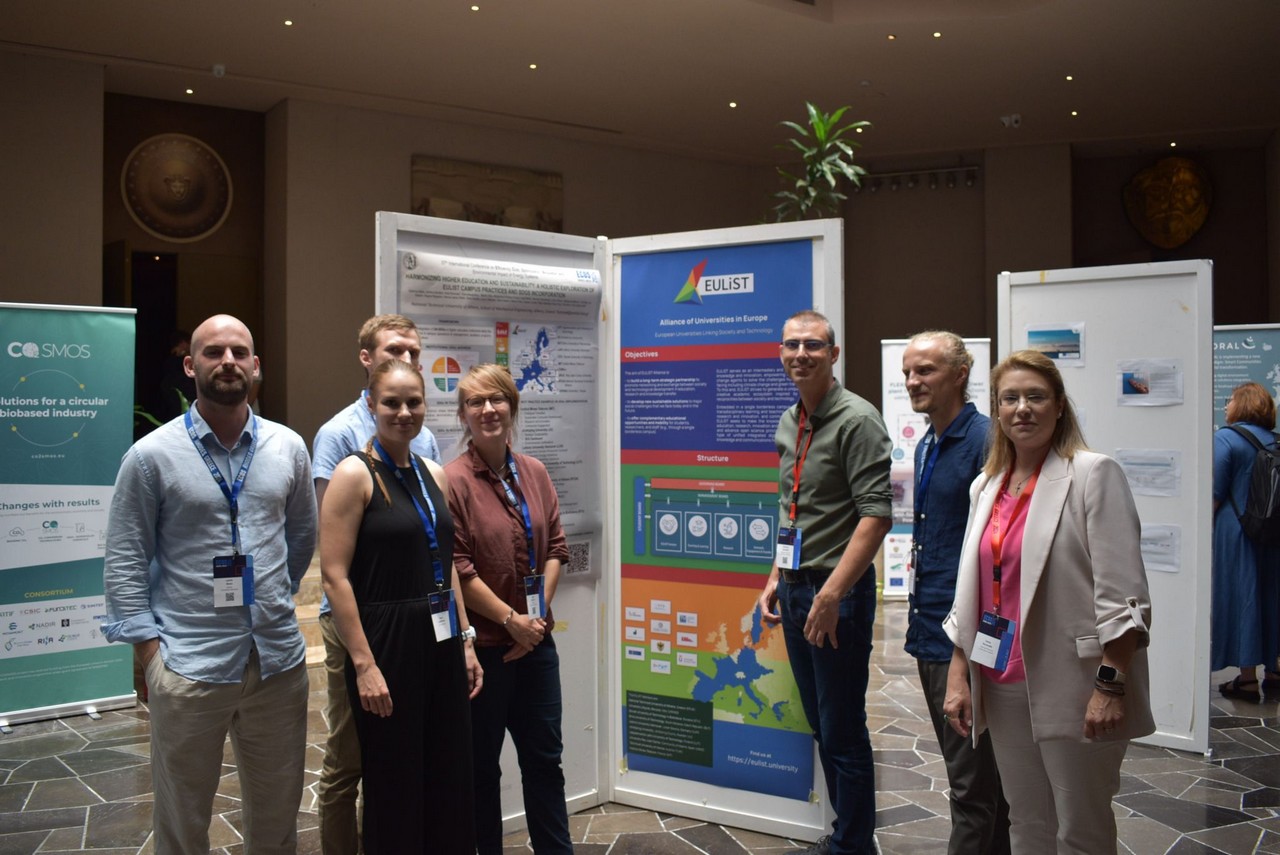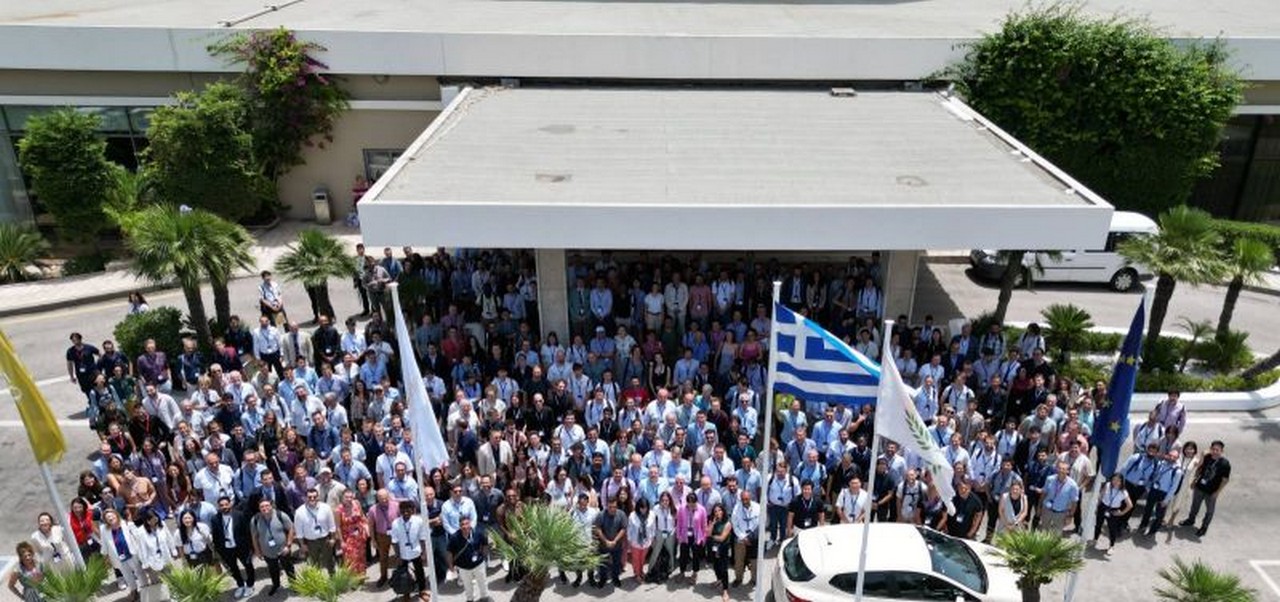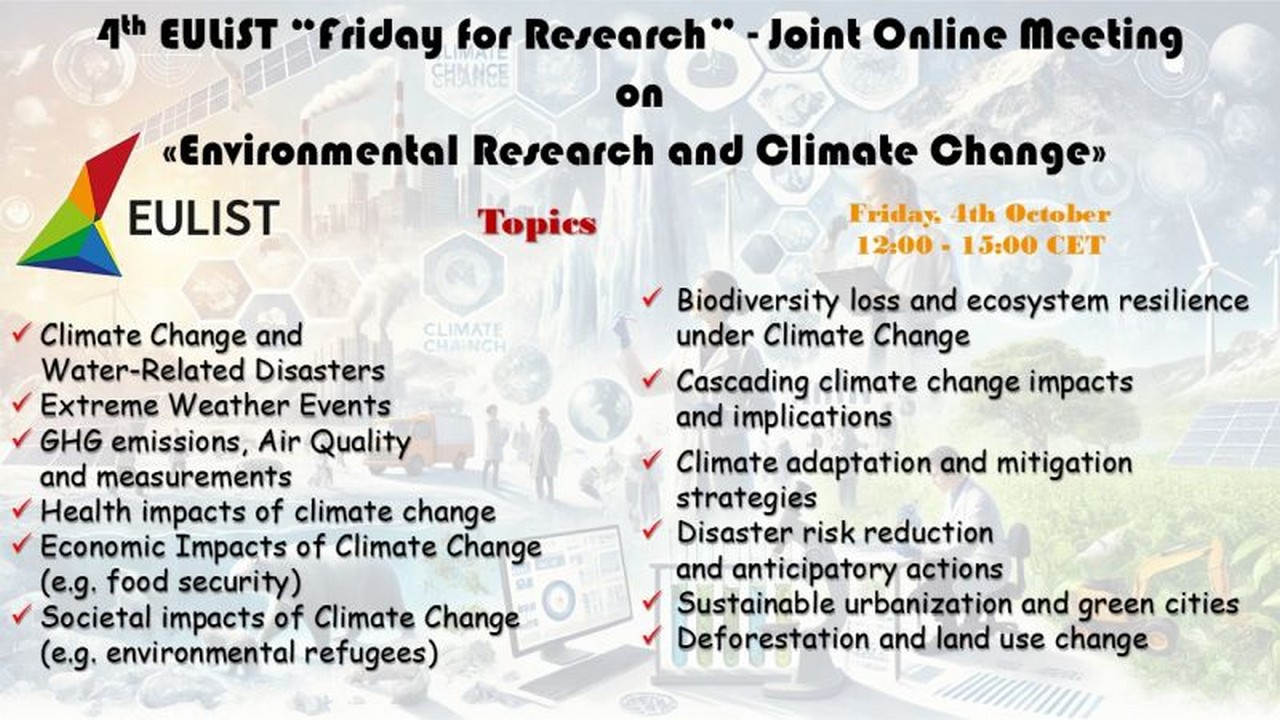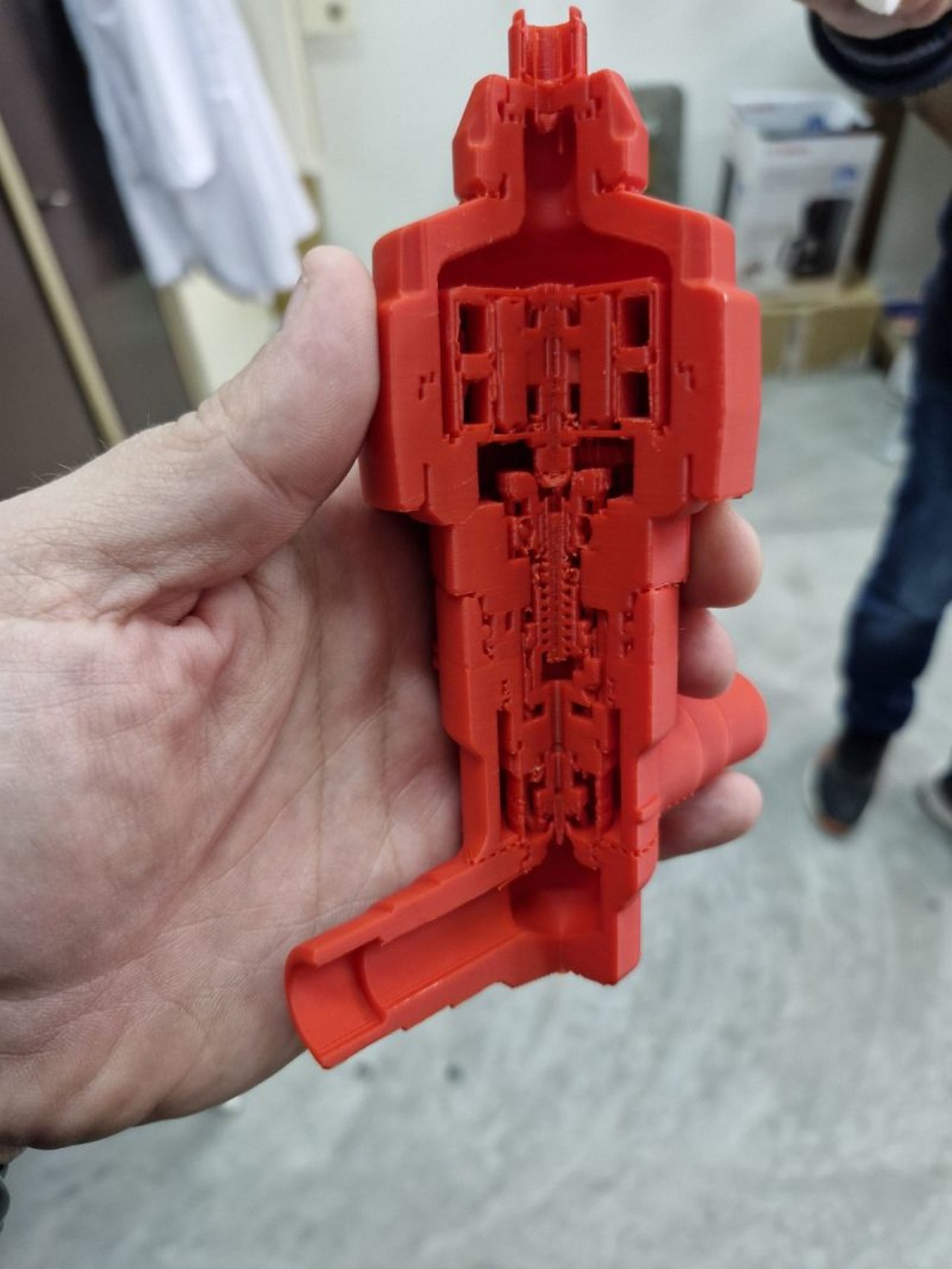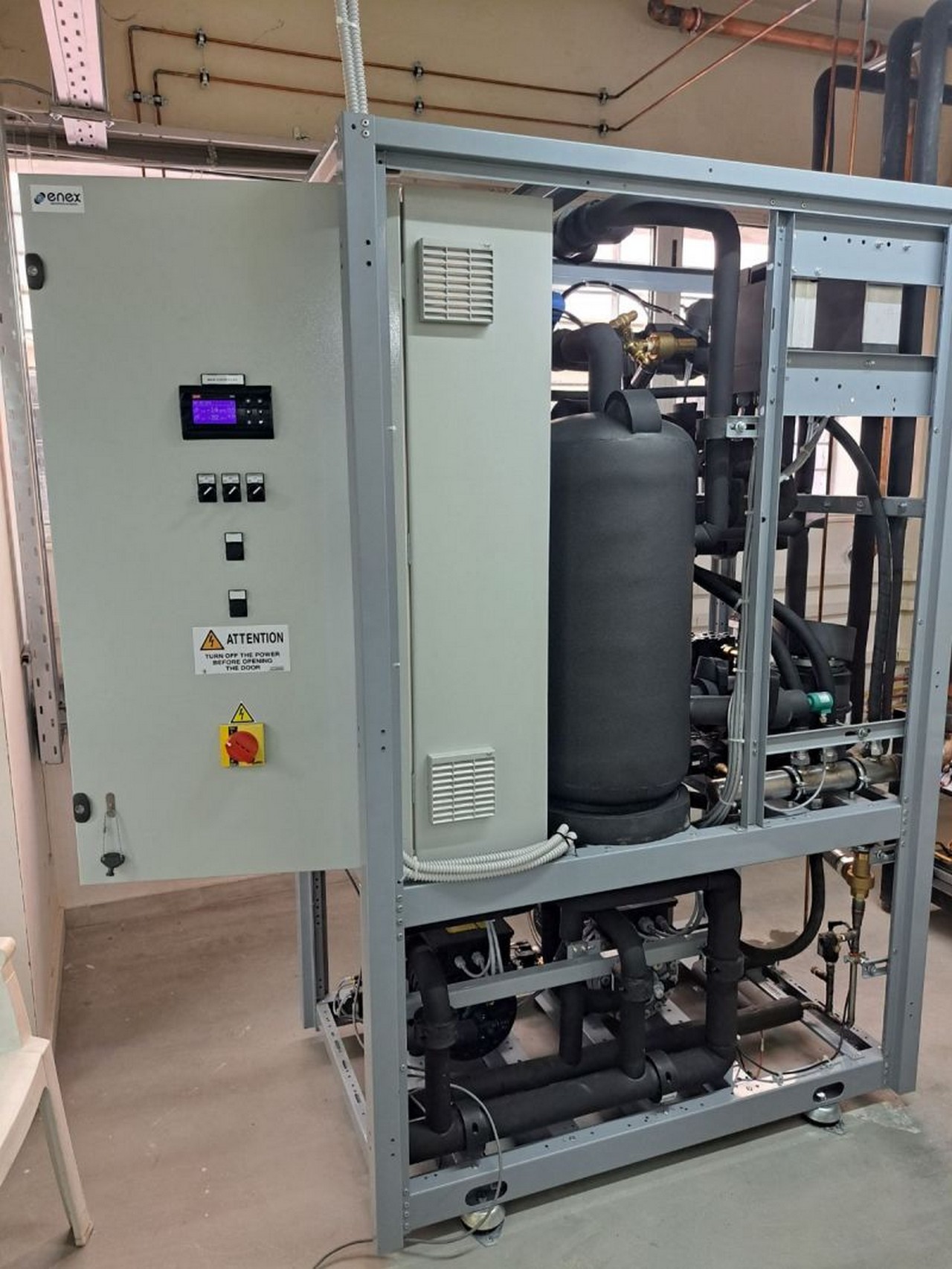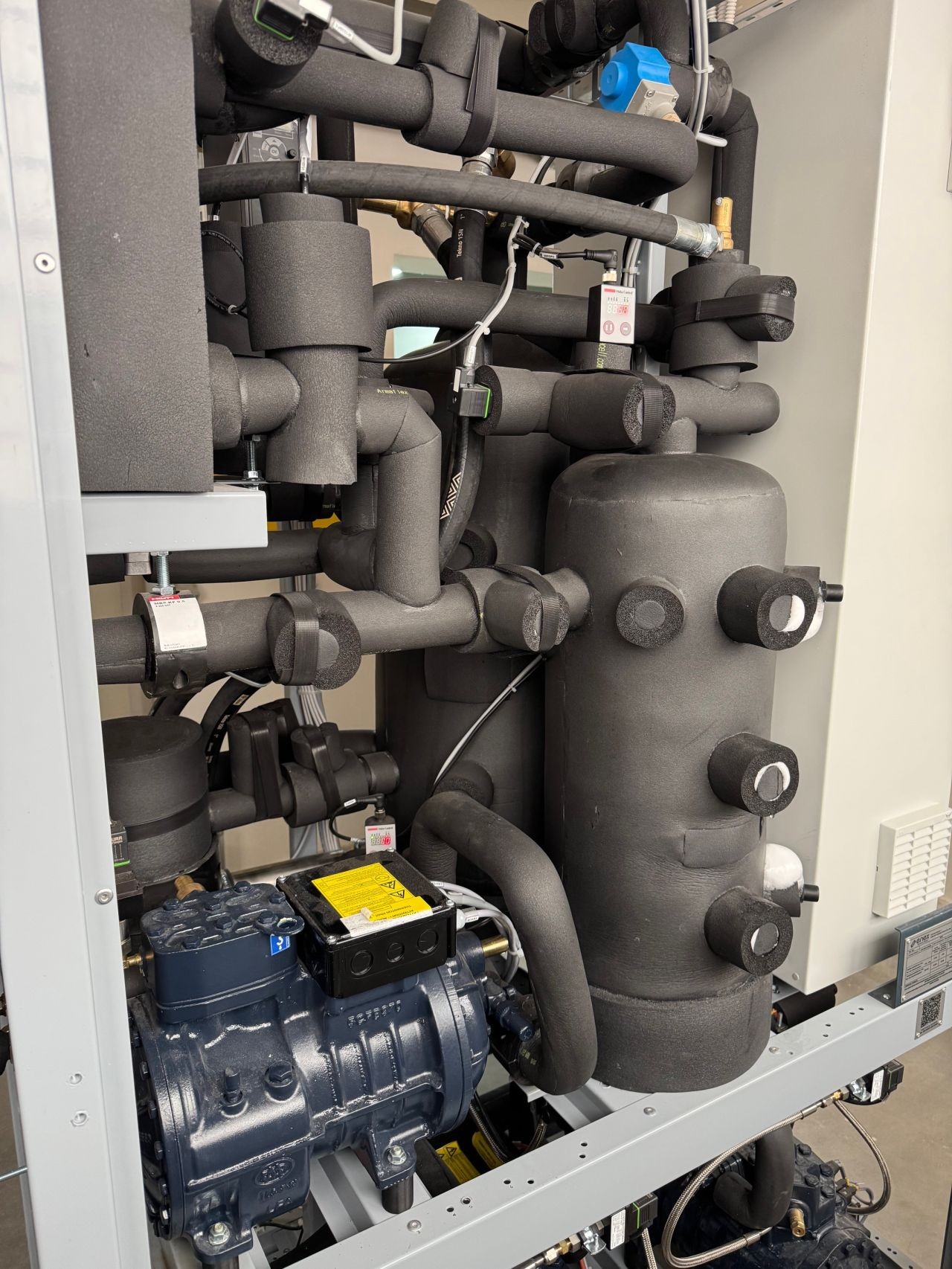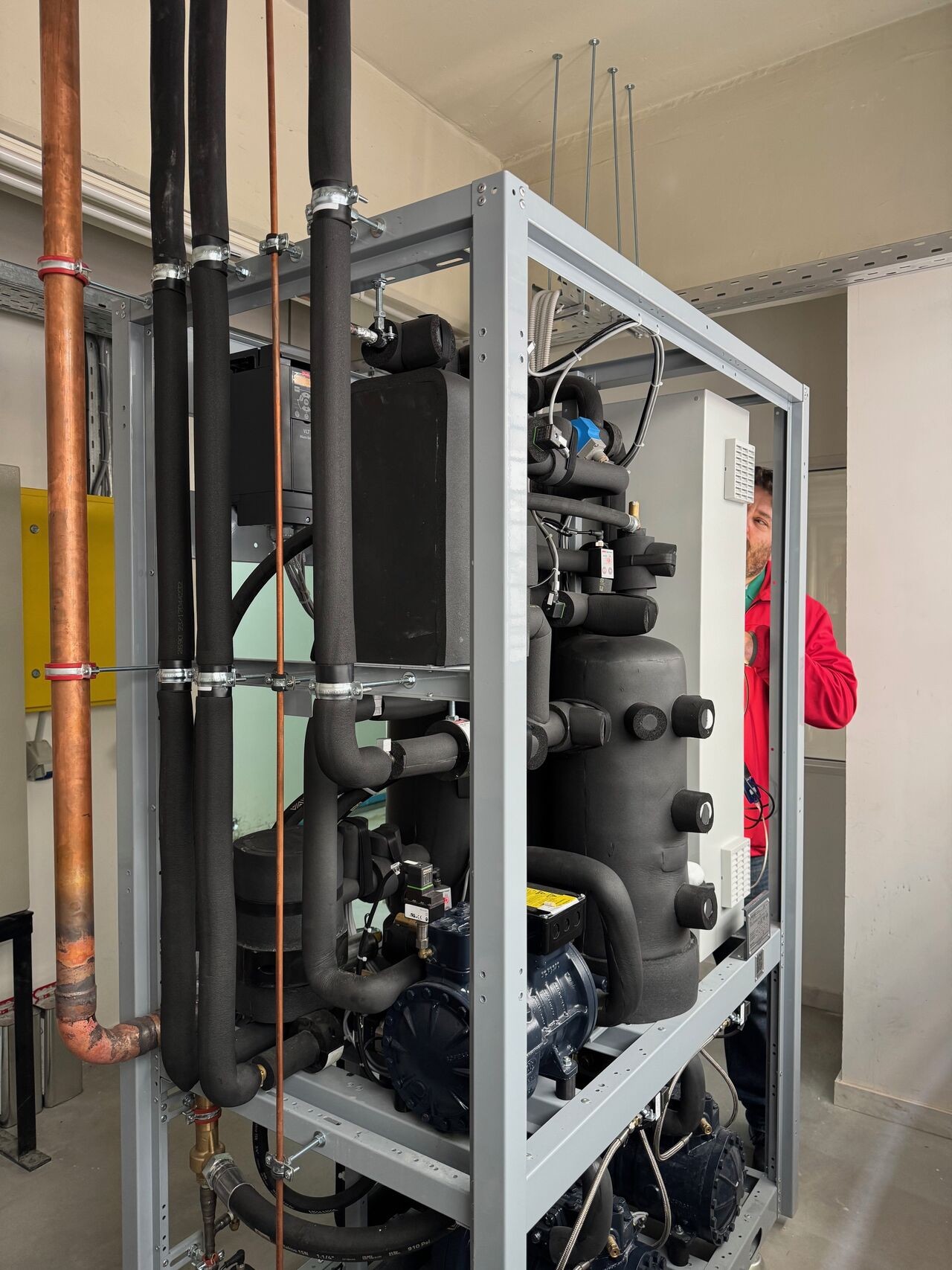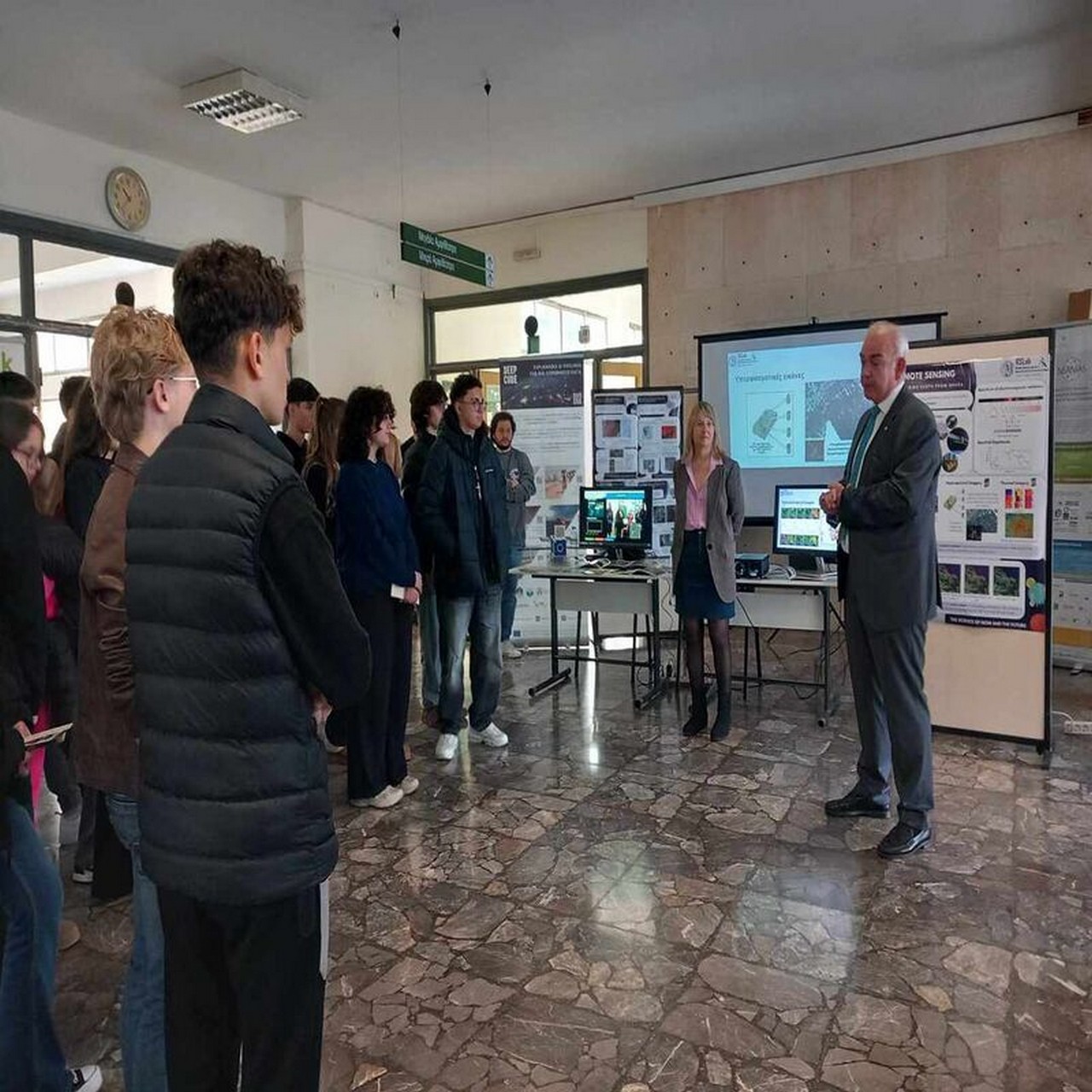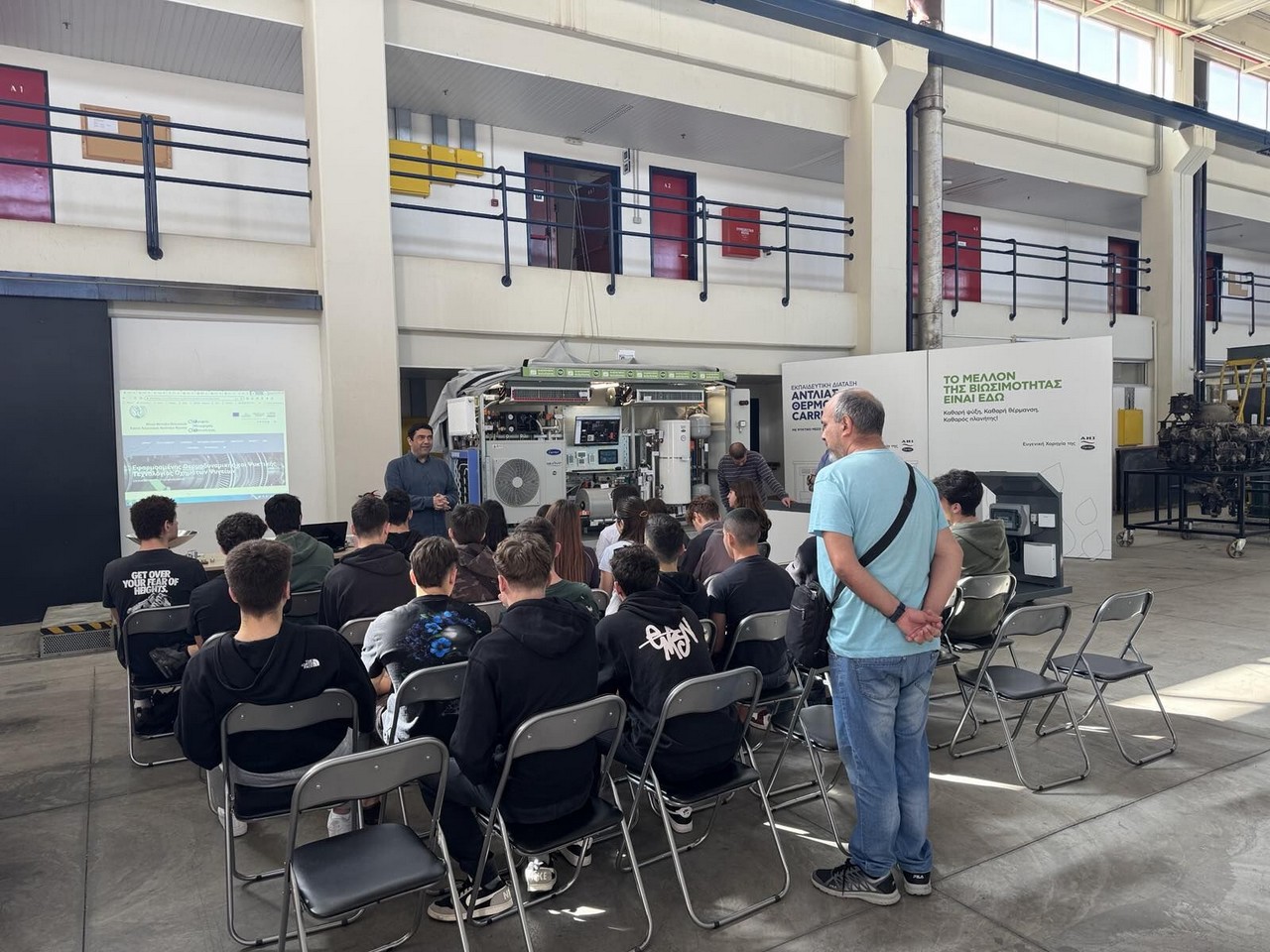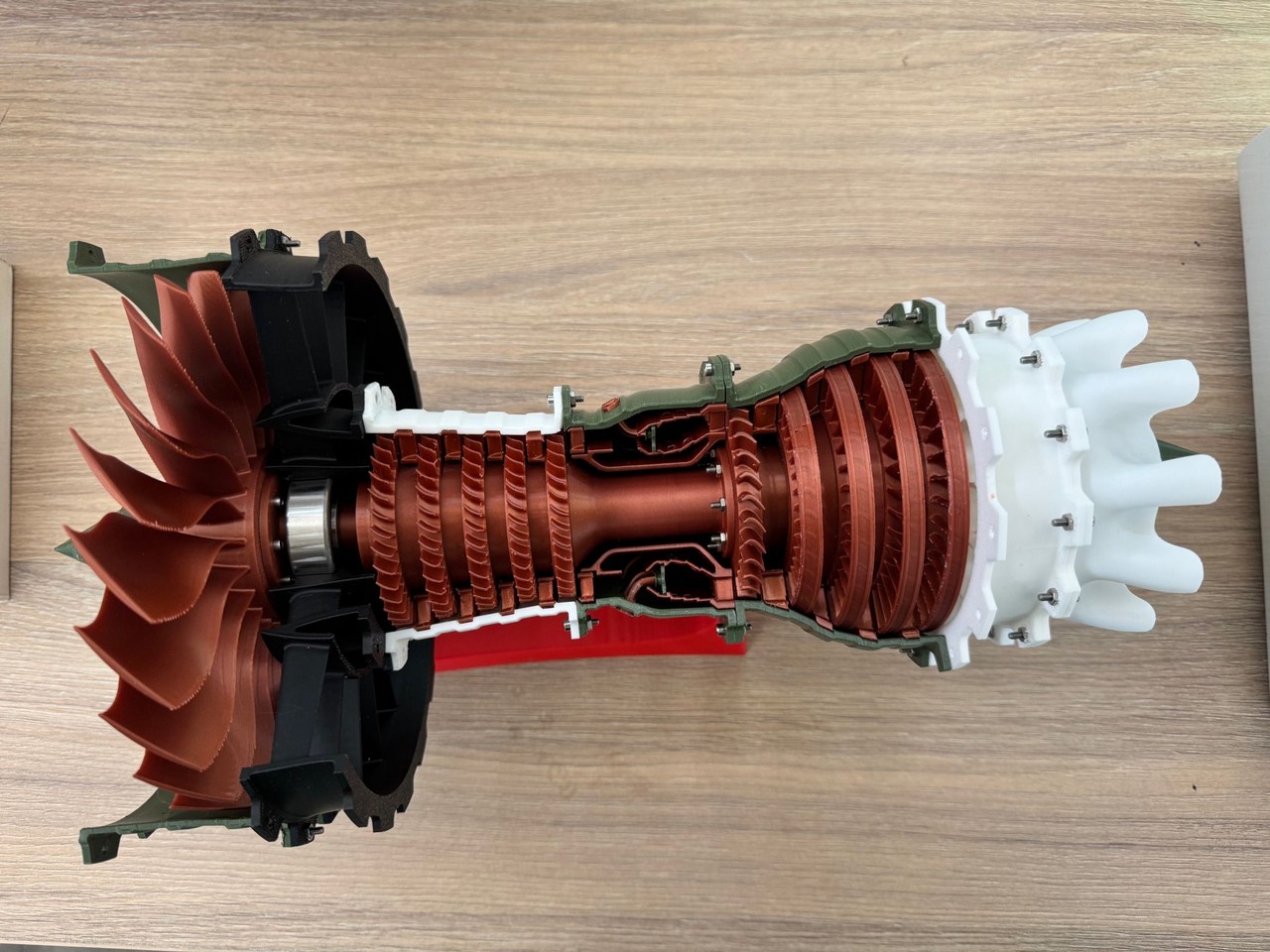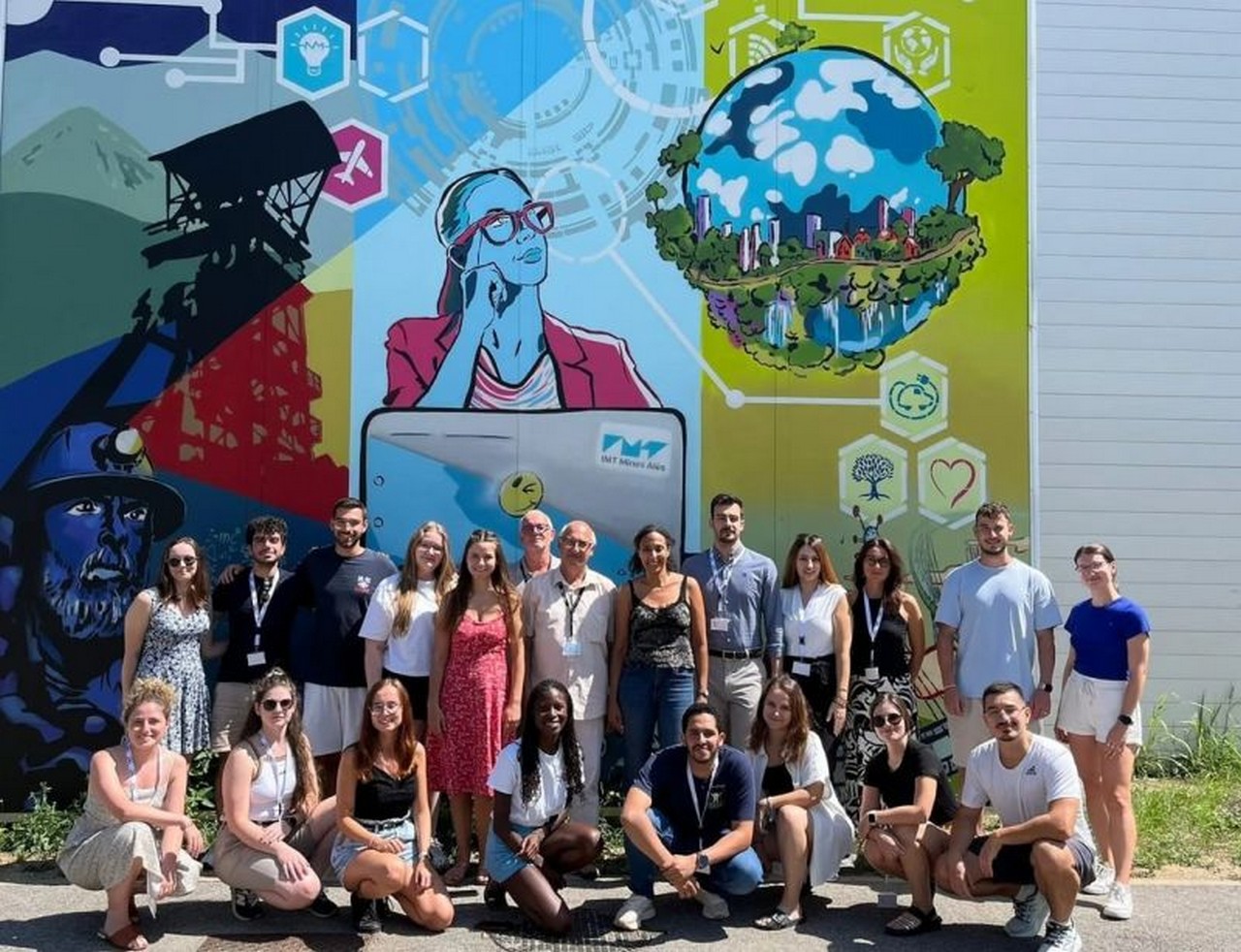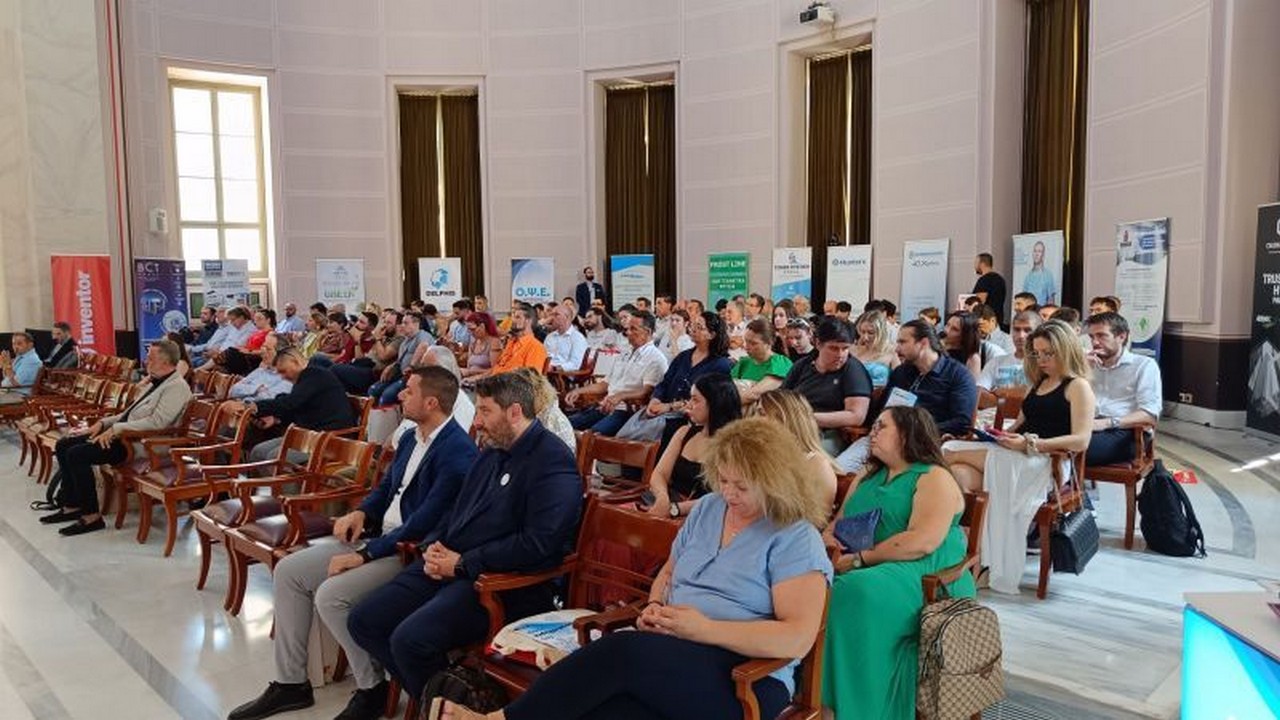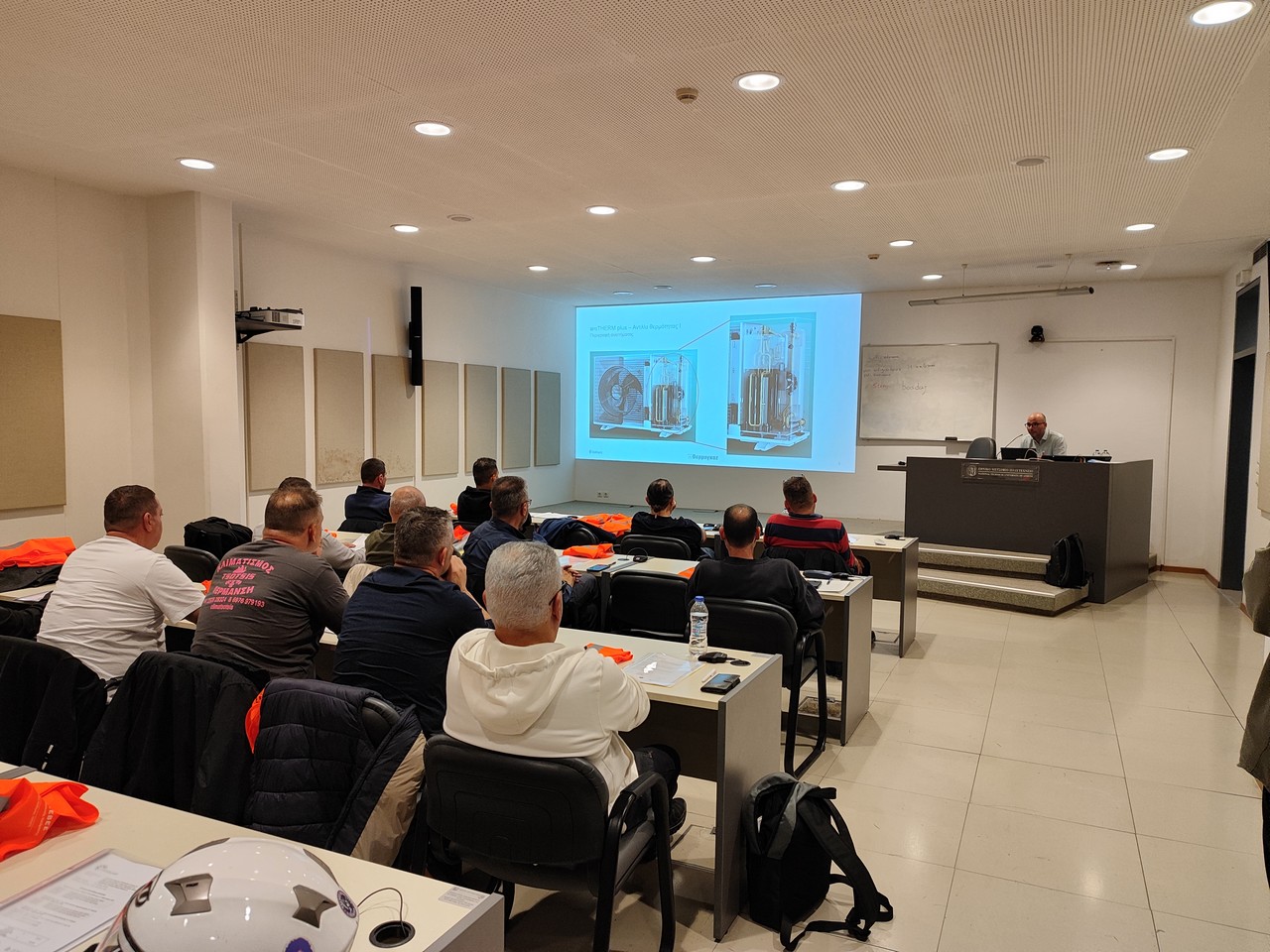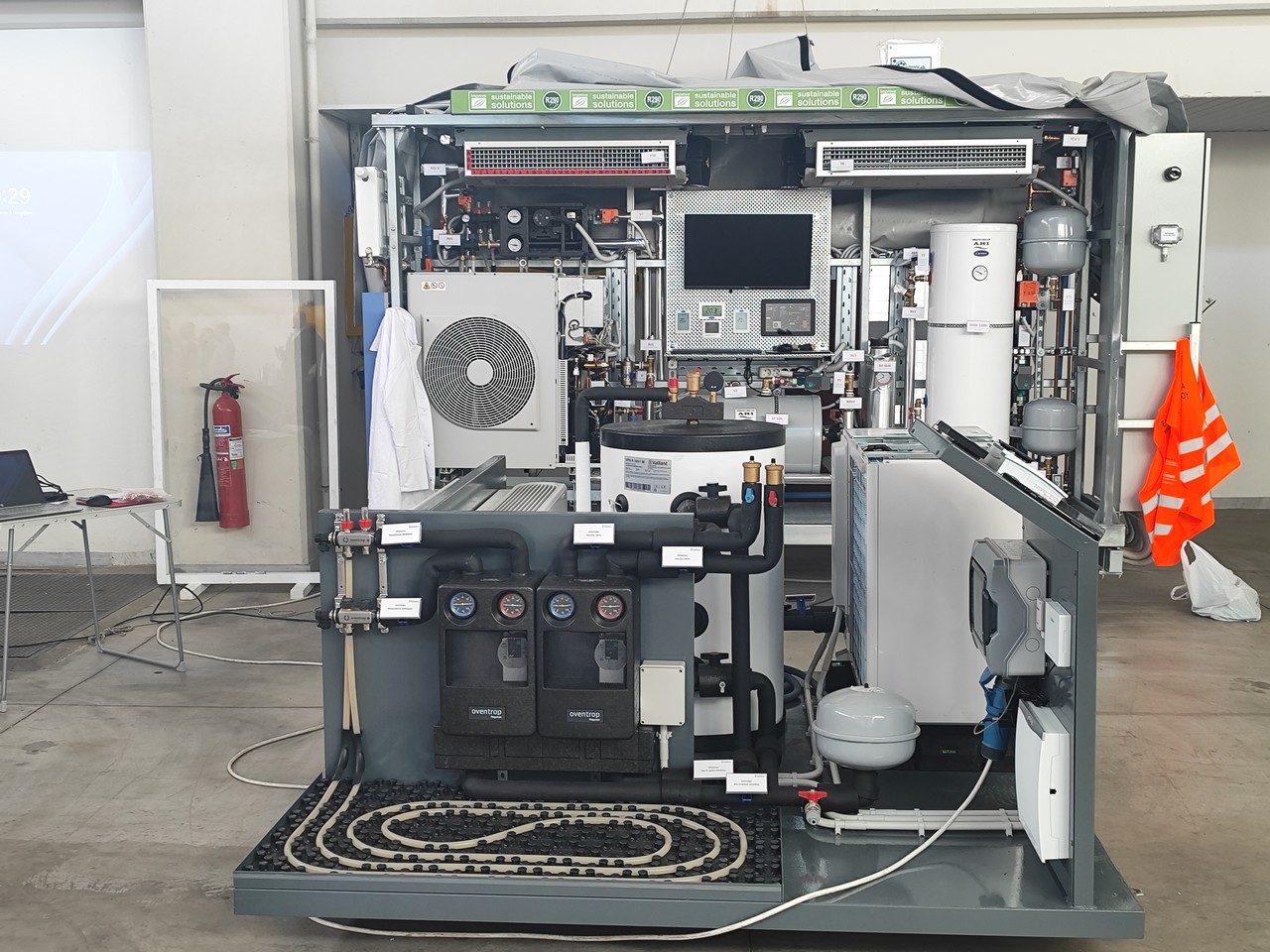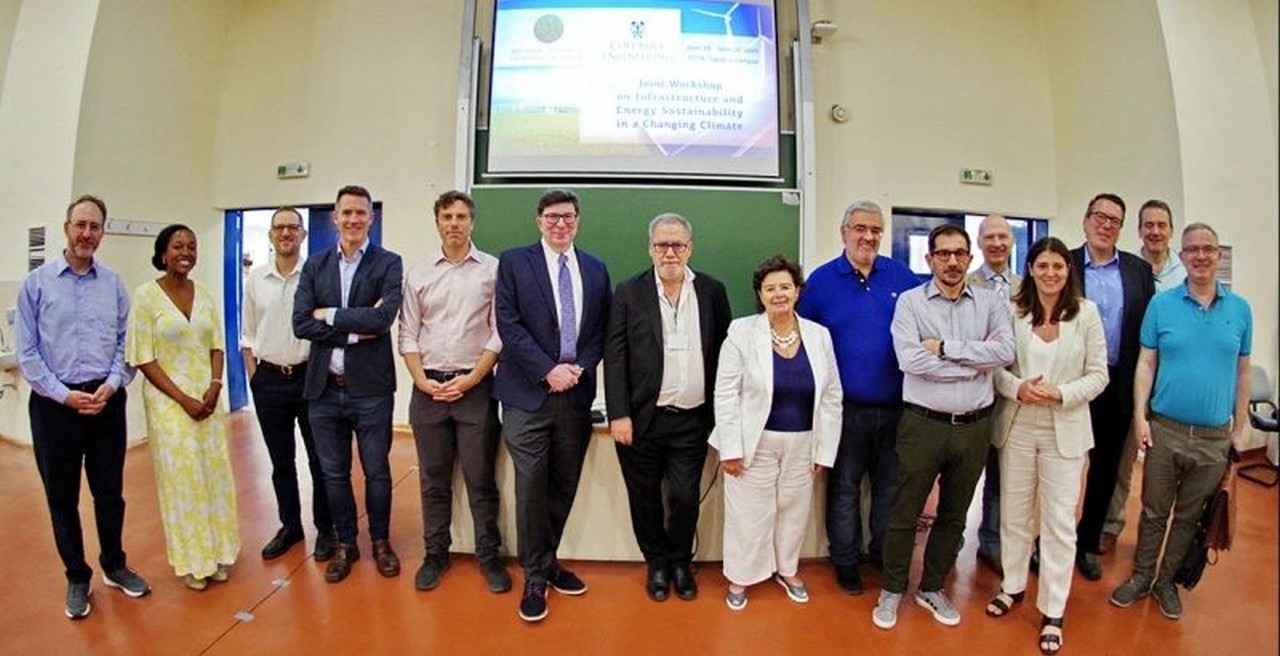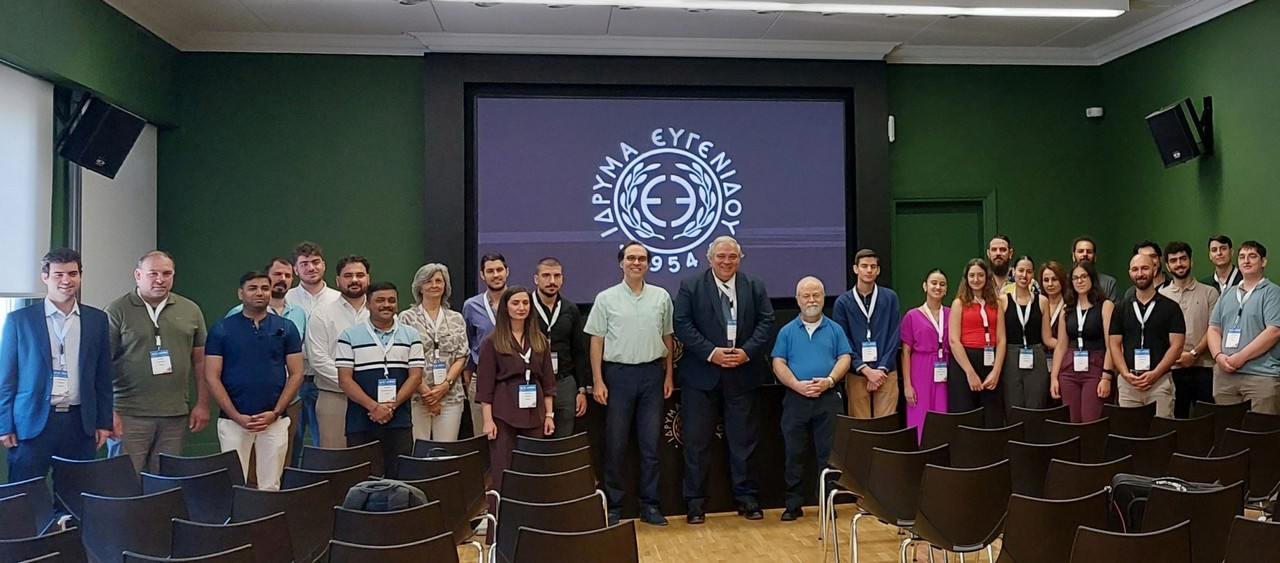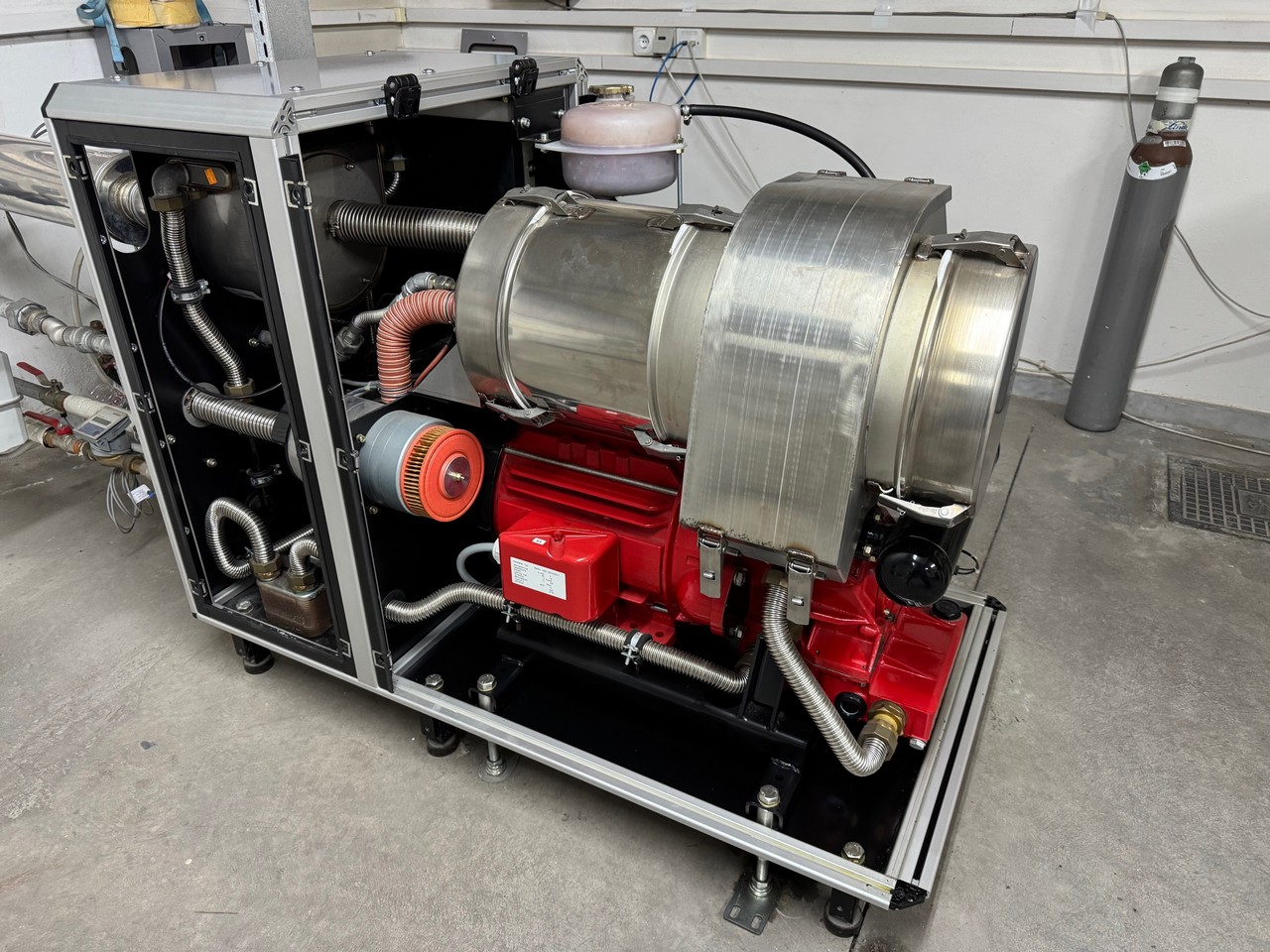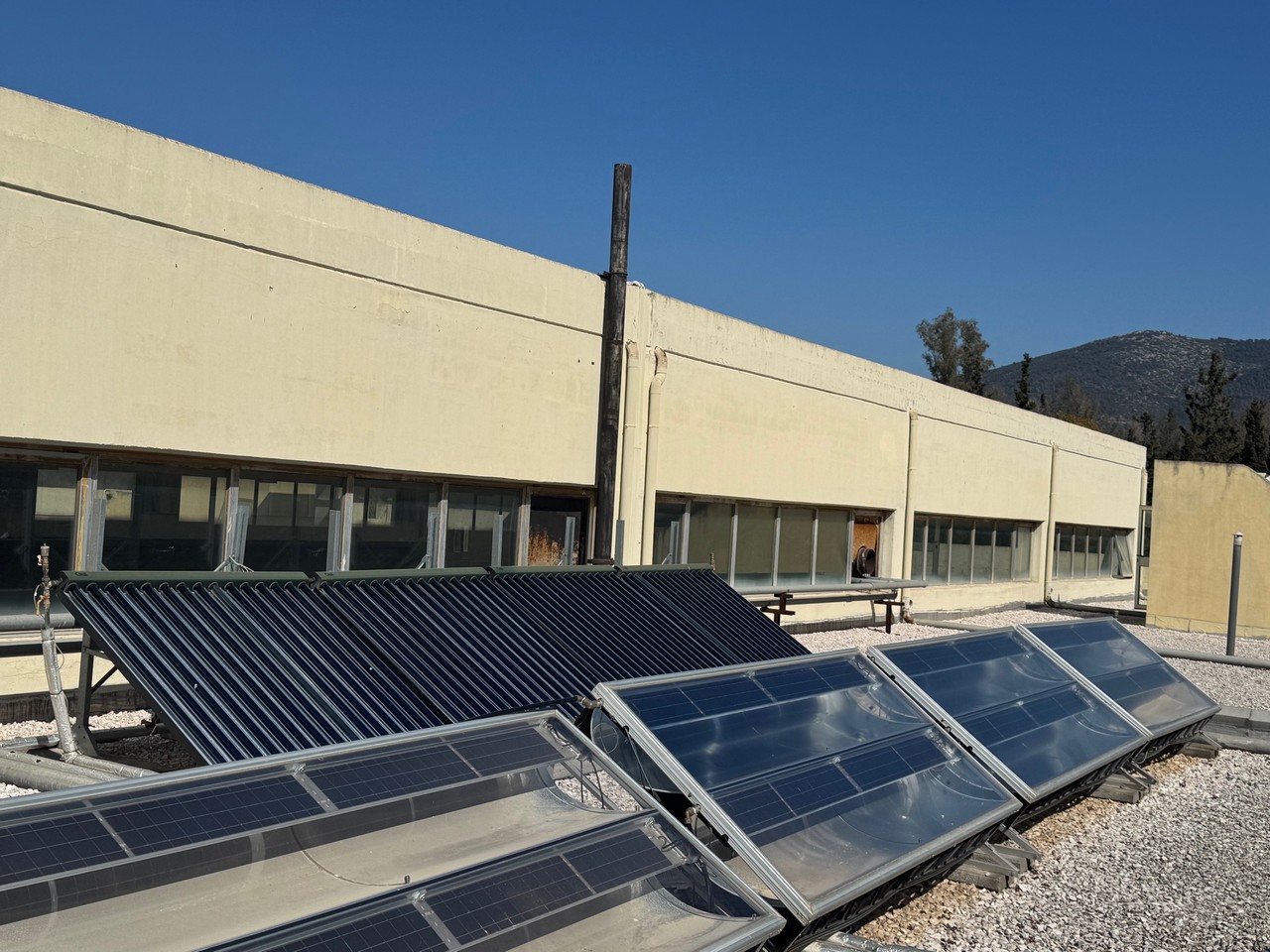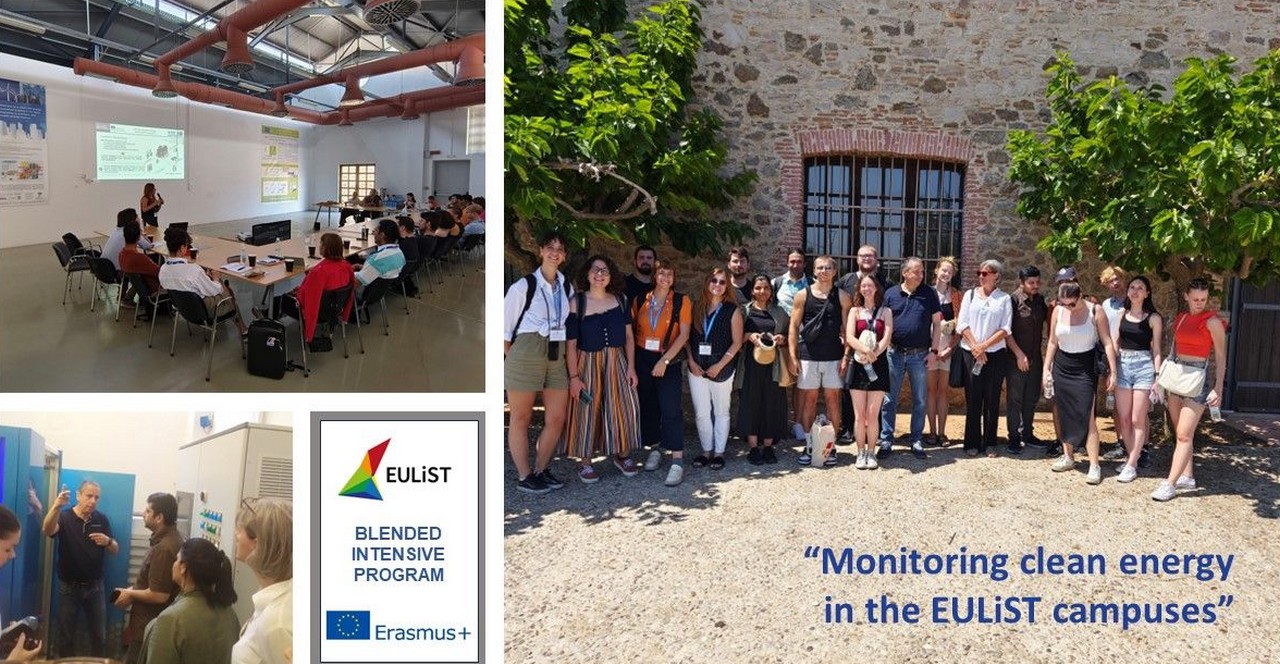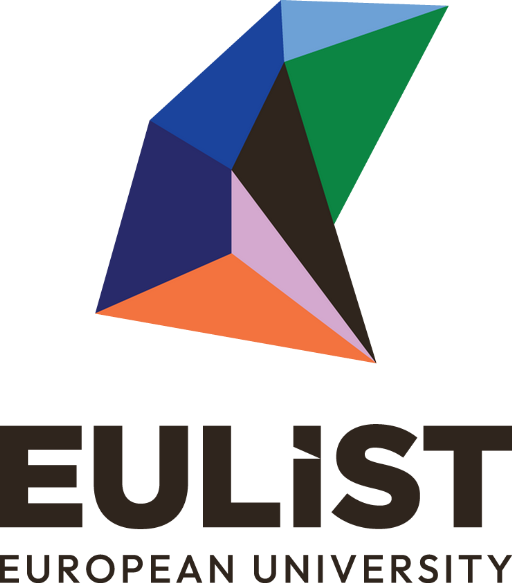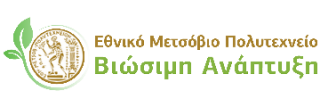Research
Research initiatives and funding for sustainable development
At the National Technical University of Athens, research into sustainability is not theory, but daily practice. Ongoing projects include the energy upgrading of buildings, the reduction of consumption in industrial and transport sectors, water recycling, the use of artificial intelligence in construction and new techniques for more sustainable materials. All of these actions have as a common goal the strengthening of the transition to a more sustainable future.

NTUA actively participates in the EULiST alliance https://eulist.university/, which brings together ten European universities with a common vision. Through this collaboration, new opportunities are created for joint curricula, research initiatives and student mobility. The value of EULiST is not only academic, it is mainly social, as it seeks to unite technology with the needs of society. Sustainable development is at the core of this effort and is the connecting link of all actions. Green campuses, measuring the carbon footprint and promoting sustainable development goals are not theoretical ideas, but concrete steps that are being implemented.
At the same time, students are invited to learn through real challenges, in order to cultivate skills that will enable them to contribute substantially to society.
Thus, EULiST offers not only knowledge, but also a new European identity based on cooperation and solidarity. NTUA, with its historical experience and technological superiority, contributes decisively to shaping this collective path. Each joint action proves that universities can become catalysts of change when they join forces. And ultimately, this collaboration shows that knowledge and sustainability can coexist for a better European future.
Part of the effort for a more sustainable future is the establishment of two new Institutes.
The Institute for Smart, Sustainable & Resilient Infrastructure (ISRI) https://issri.ntua.gr/gr/ deals with the design and management of critical infrastructure that must withstand environmental and social pressures.
The Institute for Circular Economy and Sustainability (IKOB) https://cesi.gr/ brings to the fore the circular use of resources and green technologies. Its actions cover energy, transport, materials, environment and digital technologies. At the same time, it seeks to connect with social and productive actors, so that the results of the research find practical application.
In this way, the two Institutes strengthen the role of NTUA as a reference point in research on sustainable development.
